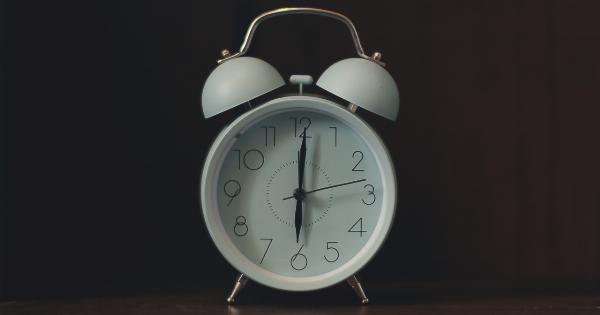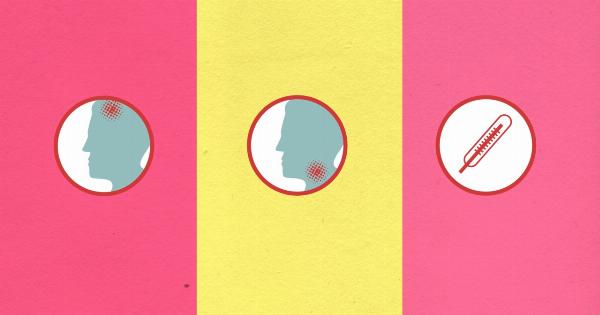Rhinosinusitis, commonly known as a sinus infection, is a condition that causes the lining of the sinuses to become inflamed and swollen. It can be frustrating and uncomfortable, leading to a range of symptoms in both adults and children.
However, with proper management techniques, the symptoms of rhinosinusitis can be effectively relieved. In this article, we will explore various approaches for managing the symptoms of rhinosinusitis in adults and children.
Identifying the Symptoms of Rhinosinusitis
Before delving into management strategies, it is essential to be able to recognize the symptoms of rhinosinusitis. The common symptoms experienced by both adults and children include:.
- Nasal congestion and stuffiness
- Facial pain and pressure
- Headache
- Cough
- Discolored nasal discharge
If you or your child experience these symptoms, it is important to consult with a healthcare professional to confirm the diagnosis and discuss suitable management strategies.
Home Remedies for Managing Rhinosinusitis Symptoms
For mild cases of rhinosinusitis, there are several home remedies that can help manage the symptoms:.
- Nasal irrigation: Using a saline solution or a neti pot to rinse the nasal passages can help reduce congestion and promote sinus drainage.
- Warm compress: Applying a warm compress to the affected areas can alleviate facial pain and pressure.
- Steam inhalation: Inhaling steam from a hot shower or a bowl of hot water can provide temporary relief from nasal congestion.
- Hydration: Staying hydrated by drinking plenty of fluids can help thin the mucus and ease congestion.
- Rest: Getting adequate rest allows the body to heal and recover faster.
Medical Treatments for Rhinosinusitis Symptoms
In more severe or persistent cases of rhinosinusitis, medical interventions may be necessary. Some of the common medical treatments include:.
- Nasal decongestants: Over-the-counter nasal sprays or oral decongestants can provide temporary relief from congestion, but they should be used sparingly and for short durations to avoid rebound congestion.
- Antibiotics: If the healthcare professional confirms a bacterial infection, they may prescribe a course of antibiotics to treat the underlying infection.
- Corticosteroids: Nasal corticosteroid sprays can help reduce inflammation and alleviate symptoms.
- Pain relievers: Over-the-counter pain relievers such as acetaminophen or ibuprofen can help alleviate facial pain and headache associated with rhinosinusitis.
- Allergy medications: If allergies contribute to rhinosinusitis symptoms, the healthcare professional may recommend antihistamines or other allergy medications.
Prevention and Lifestyle Modifications
Prevention plays a crucial role in managing the symptoms of rhinosinusitis. Here are some lifestyle modifications that can help prevent future episodes:.
- Maintaining good hygiene: Regular handwashing and avoiding close contact with individuals who have respiratory infections can reduce the risk of developing rhinosinusitis.
- Avoiding triggers: If you or your child have identified triggers such as allergens or smoke, it is essential to minimize exposure to these substances.
- Using a humidifier: Adding moisture to the air can help prevent dryness in the nasal passages, reducing the risk of inflammation and congestion.
- Quitting smoking: Smoking irritates the lining of the sinuses and can worsen symptoms of rhinosinusitis. Quitting smoking can significantly improve sinus health.
- Staying well-hydrated: Drinking an adequate amount of water each day can help keep the mucus thin, preventing blockages and congestion.
When to Seek Medical Attention
In most cases, the symptoms of rhinosinusitis can be effectively managed with the strategies mentioned above. However, certain situations warrant immediate medical attention. You should seek medical help if:.
- The symptoms worsen or persist for more than ten days
- You develop high fever
- You experience severe facial pain or swelling
- You have vision problems or double vision
- Your child experiences persistent irritability or poor sleep due to the symptoms
These symptoms may indicate a more severe infection or complications that require medical evaluation and treatment.



























